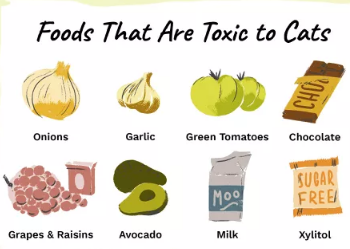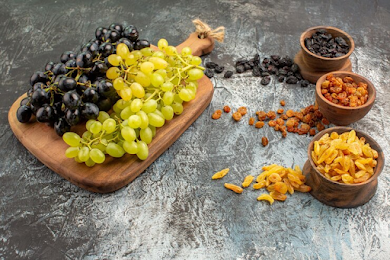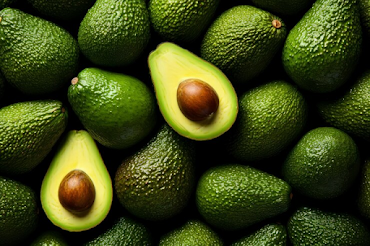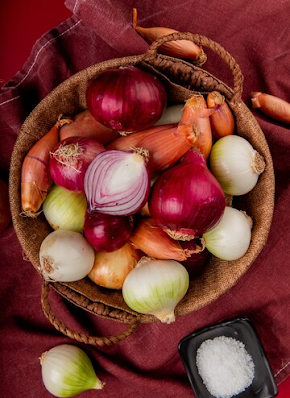Human Foods Which Are Poisonous to Cats
Some cats may beg and plead for human food, particularly if they observe you eating. It's risky and shouldn't be encouraged to give your cat any table scraps or small amounts of human food for several reasons. First and first, cats require the nutrients that are explicitly included in high-quality cat diets; any "extras" they eat will make them less hungry for their regular meals. While a tiny piece of chicken or turkey off your dinner plate won't harm a cat, you are unintentionally fostering negative behavior in it.
Cat-Toxic Foods
Green Tomatoes and Crude Green Potatoes
These food sources are individuals from the Solanaceae group of plants, which incorporates the Dangerous Nightshade, and contain an unpleasant, toxic alkaloid called Glycoalkaloid Solanine, which can cause brutal lower gastrointestinal side effects. The leaves and stems are especially harmful. Simply relax if you see tomatoes remembered as pre-made pet food sources. They are made with ready tomatoes and ought to cause no worry since they show up in generally limited quantities.
Chocolate
While it's commonly realized that chocolate is risky for canines, it's likewise poisonous to cats. Theobromine is a culpable substance and can cause harmful harm to a feline. This substance is tracked down in the most noteworthy focus in dull and unsweetened chocolate.
Grapes and Raisins
These food sources' poisonousness has mostly been found in canines, in amounts of fluctuating sums. The ASPCA prompts: "As there are as yet numerous questions with the harmful capability of grapes and raisins, the ASPCA Creature Toxic Substance Control Center encourages not giving grapes or raisins to pets in any sum." There is no great explanation for gambling in a risky circumstance, so it's ideal to get these natural products far from your feline.
RELATED: Asthma-in-cat
Avocado
While avocado is refreshing for people, it is somewhat harmful to felines. The leaves, seed, tree rind, and the organic product itself contain Persin, which can cause heaving and runs in felines. Avocados are exceptionally rich and high in fat, which can prompt gastroenteritis or pancreatitis. Be particularly mindful if you have a bowl of guacamole out at a party. You don't need your feline eating any of this tidbit or licking a spoon or fork that was utilized to make it.
Liquor
A wide range of liquor can be poisonous to pet cats. While a little lick of a cocktail isn't deadly, consuming a ton can be. On the off chance that you are facilitating a get-together and serving liquor, make certain to completely tidy up the beverages and try not to leave enormous punch bowls or open liquor holders short-term, as your feline may be inclined to consume more. Cocktails aren't the main possible wellsprings of liquor-harming in felines. Liquor openness can likewise happen from ingestion of hand sanitizer, mouthwash, maturing organic products, and bread mixture that contains yeast.
RELATED: How-to-treat-Lyme-disease-in-cats
Onions, Garlic, and Related Root Vegetables
Onions contain a substance (N-propyl disulfide) that obliterates red platelets in the feline, causing a type of frailty called Heinz body paleness. Garlic is comparative in that it can likewise cause red platelet harm and weakness. It's perilous for felines to consume a full clove of garlic or any enormous bits of crude onion. Felines can likewise be presented to garlic and onion as powder, which can be tracked down on chips, soups, and flavors.
Other foods you should avoid
Various food sources are not poisonous to felines, yet they should be kept away. Meat decorations, crude eggs, and jazzed drinks ought not to be drunk by pet felines. Although milk isn't harmful to felines, it might have unfriendly impacts. Grown-up felines that are taken care of a nutritious eating regimen don't require milk. Likewise, many felines are lactose-narrow-minded, implying that the lactose in endless milk items produces stomach upset, issues, and gassiness. Xylitol, a sugar, is destructive to canines and can cause hypoglycemia and possible liver disappointment. The Pet Toxin Helpline has not demonstrated its poisonousness to felines, but rather it doesn't appear to merit the gamble. Assuming you see this fixing in any food things, try not to impart it to your feline.
RELATED: Feline-infectious-peritonitis-fip



















No comments:
Post a Comment